How to Assess in Kindergarten – When It’s Just You
How can a kindergarten teacher find the time to assess? {Really! How is it possible when most of our testing is done one-on-one?} Can I tell you that I don’t have the answer for everyone. What I can share are the solutions that work for me.
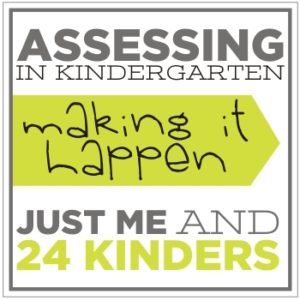
Each of our classrooms runs differently and we are different people, with different teaching styles, so this can’t be the end-all be-all kind of deal. I highly recommend trying out a few things and seeing what works best for you!
When I’m talking about testing here, I’m referring to the casual and standardized… the stuff we do for report cards, lesson planning and for documentation.
These are four ways that I plan assessment into what we do on a regular basis.
Take notes during small groups
Often I find that I have a very good idea of what my kinders are capable of, or struggling with. I can be pretty precise in recalling this information when it comes to planning my next set of lessons. What helps me be so specific is writing down what I notice.
If I write down something I notice while working in small groups, I am 10x more likely to recall that specific tidbit about my students without needing to refer back to my notes. But, if I can’t recall, then I’ve got the notes to jog my memory and help me know where to go!
Give a quick assessment during small groups
This can be done one of two ways, while students are working in the group on something independently, you can give an assessment to each child. Normally these should be quick so that you can get through 5-6 students in one sitting.
Sometimes, I will stagger my starting time. I will start a child on an assessment and while they get working, I explain the directions to another child and then divert my attention back to the first child. This style changes upon the assessment and often works better in math and handwriting.
You can also give an assessment in small groups, where you give directions to the entire group and with dividers up, each student can work independently. You are close in proximity which helps for repeating directions, but with this method, I recommend always having an activity planned for when they finish so they avoid interrupting each other.
Pull individually during small groups
This one may be the most obvious and seemingly time consuming. I normally choose to break our normal GR schedule once a week in order to be assessing all throughout the year. Four out of five days is instructional (with running records being taken) and the fifth day is for assessments in literacy that are for report cards, Dibels and such.
I know that some schools have to adhere to the 90-min. instructional literacy block and we do too. But this includes assessment time, and this is how I break mine up. I feel better prepared doing assessments on one day, but I know that others may prefer to pull a few groups and replace their last group time with a batch of assessments on a daily basis.
Plan it
Sometimes you can use class work. I’ve found that I can use this best when the assessment relates naturally to what we do in class. In math, for example, I love using the work that students do in their math journals at the recording zone. This is for two reasons.
First, I can see their progress because I have planned enough entries that are similar, so growth is shown across one concept. Secondly, we take out the possibility of testing error that they “don’t know what to do.”
I mean how successful would a student be for the first time filling in a bubble test if no one ever explained to them what they were supposed to do?
Just an example, but my point is, they have to understand how to do the test, and then can they show that they know or don’t know the content.
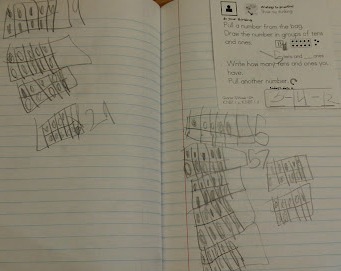
{know what you want the assessment to look like}
So, if you can plan things that look or feel similar to how you will be assessing, I recommend implementing whenever possible. Your ability to use in-class work will be that much more successful and your time will be well spent.
You’ll notice that I didn’t mention anyone else helping out with testing… in my room, its just me and 24 kinders, so this is how I’ve figured it out.
These four ways have been my go-to formats for figuring out how to get assessing into my classroom on a regular basis. To answer the earlier question, “How can a kindergarten teacher find the time to assess?” the answer simply is, she plans time to assess.
I shared before how assessing weekly has made me a better teacher so I hope that if you’re looking for ideas on assessing, you’ll be able to find what works for you!
If you like what I do here on KindergartenWorks, then be sure to subscribe today. I look forward to sharing ideas with you weekly.

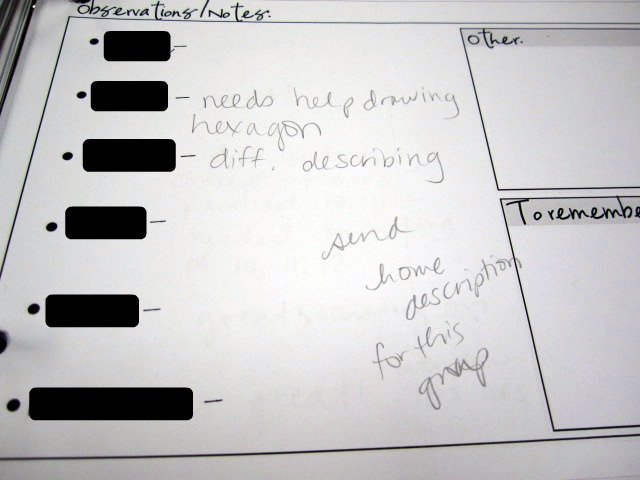

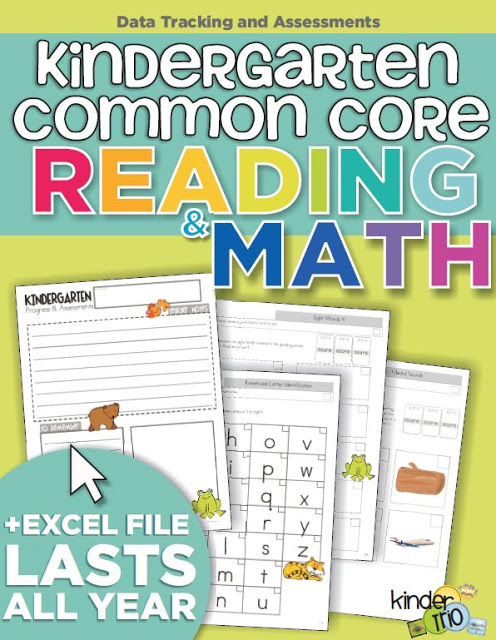
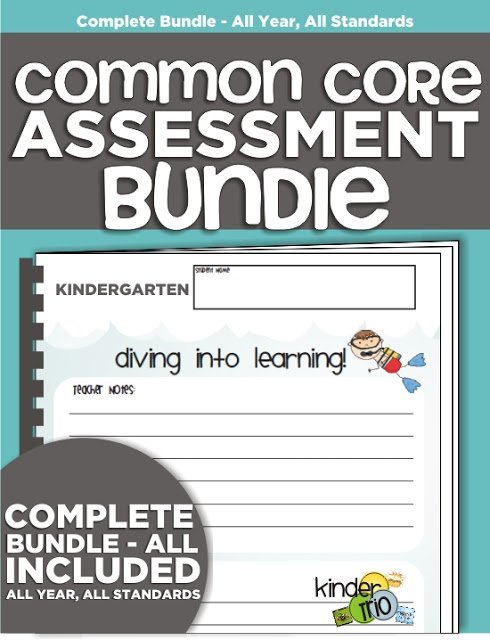



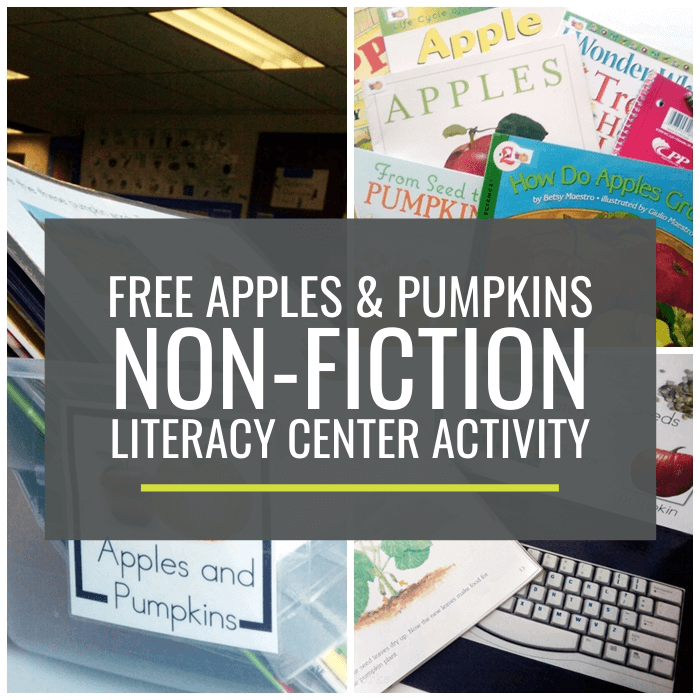
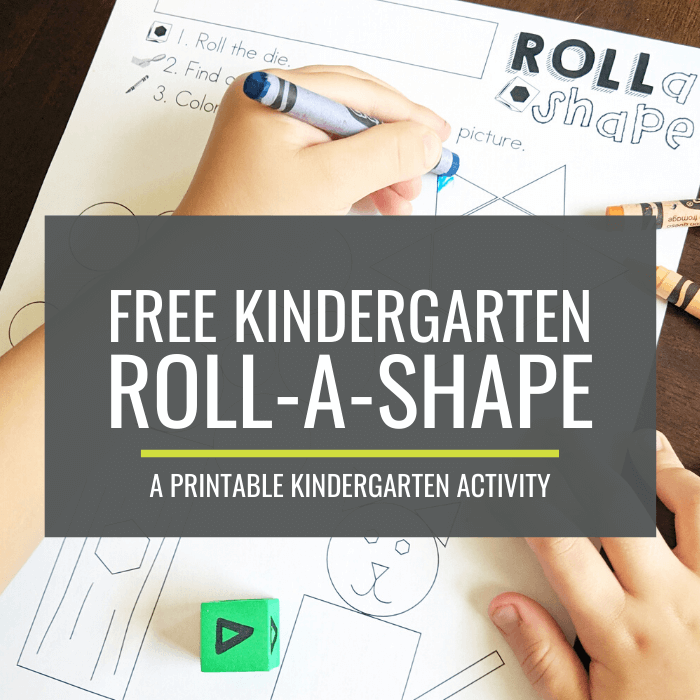
Just found your blog.
Stop by sometime.
🙂
Tamera
http://myheartbelongsinfirst.blogspot.com
I enjoy reading your blog! I just started my own. It is a first grade blog but I will be putting up plenty of activities that could be modified for K! Follow at – http://fantasticfirstgradefriends.blogspot.com/
Thanks! 🙂
I was just wondering if you had any suggestions on how to implement this wonderful idea into a half-day kindergarten program. This past year was really frustrating for me trying to fit all the CCSS into our half-day program. I agree with you in wanting to assess weekly but just trying to figure out when to fit it in is overwhelming at times. Thanks for your ideas.
Hi Paula, I’d have to say that teaching in small groups is they way I’ve found to make it work the best and planning part of your instructional time to be assessment time is a big change in thought process – but it does work. Then you also always know where to take your groups next. Also, using student work can be a big time saver! I’ve been there in a half day program (prior to CCS though) so I can somewhat commiserate with the crunch of time! Hope you can tell us what you find works out! We’d love to know!
Love this!! Thank you!!!
Blessings,
Jessica Stanford
Mrs. Stanford’s Class
I hope you’ll join me for my giveaway!
I love your blog and just gave you an award! Check it out at http://motivatingmindsstocking.blogspot.com/2012/07/one-lovely-blog-award.html
Thanks Nicki!
It is nice to see that I am not the only that finds this is the best way to assess. One-on-one is the only way to get an accurate assessment in my opinion. Love your blog!
Thanks for sharing how you do assessing too Kylie! Appreciate your comments!
Is there a Pre-K version of this Assessment Bundle?
Hi Jan, no. It’s just a kindergarten product.
Great ideas! Thank you!
Thanks for the share Leslie! It sounds like we assess very similarly. I try my very hardest to have an assessment day every week, too.
Nicole
Rowdy in Room 300